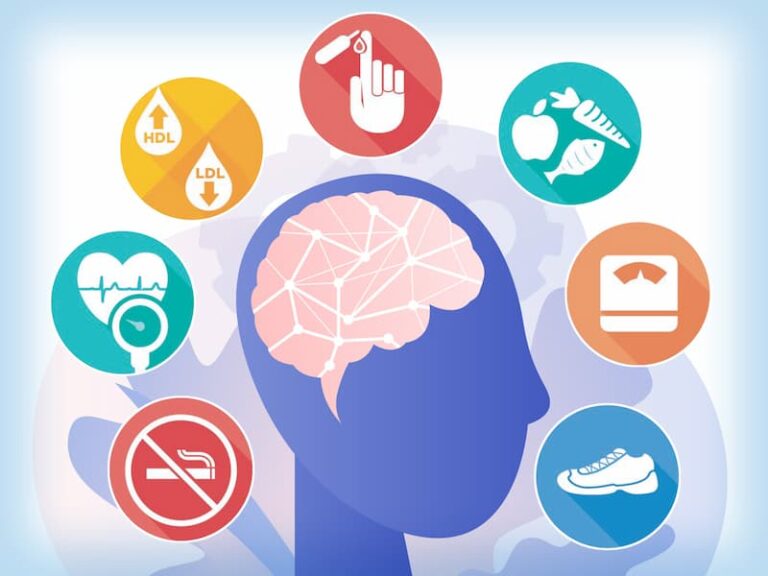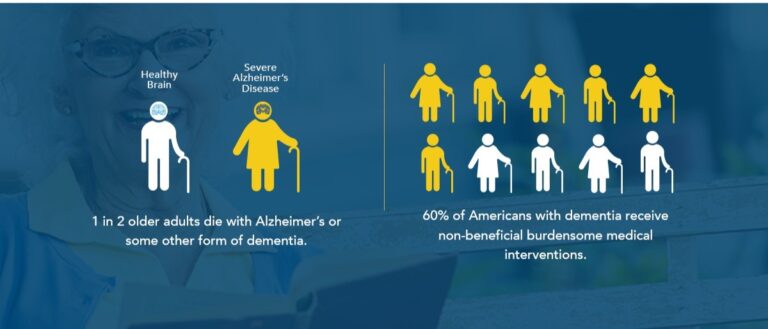Physical Address
304 North Cardinal St.
Dorchester Center, MA 02124
Dementia is a progressive and often irreversible neurological disorder that impairs cognitive function, affecting memory, reasoning, communication, and daily activities. It is characterized by a decline in mental abilities, impacting an individual’s ability to think, remember, and make decisions. Common causes include Alzheimer’s disease and vascular dementia, with symptoms worsening over time and significantly impacting the individual’s quality of life.

Mild Cognitive Impairment (MCI) can progress to dementia, with annual conversion rates averaging 10-15%. Risk factors, health interventions, and lifestyle choices significantly influence this transition. Mild Cognitive Impairment stands as a clinical condition characterized by noticeable memory or cognitive deficits…

Neuroimaging is a pivotal tool for early dementia diagnosis, enabling visualization of brain changes. It aids in identifying cognitive disorders before pronounced symptoms develop. Neuroimaging technologies, such as MRI and PET scans, have revolutionized the early detection and diagnosis of…

Dementia and hearing loss are interlinked, as untreated hearing loss can increase the risk of dementia. Research suggests that hearing impairment may accelerate cognitive decline. Exploring the intricate connection between dementia and hearing loss unveils a critical public health concern.…

Yoga offers gentle, therapeutic exercises that may benefit dementia patients. It helps enhance cognitive function and reduce stress. Yoga, as a mind-body practice, serves as a supportive therapy for dementia patients, aiding in the maintenance of mental flexibility and emotional…

Cognitive stimulation activities for dementia involve engaging in tasks that enhance brain function. These activities help maintain cognitive abilities and improve well-being. Understanding the importance of cognitive stimulation is key in supporting individuals with dementia. These activities, ranging from puzzles…

Legal and financial planning for dementia patients involves establishing a durable power of attorney and crafting a comprehensive care plan. These steps ensure personal wishes are honored while securing assets. Navigating the complexities of dementia requires early and proactive planning…

Individuals with Down syndrome face a higher risk of developing dementia, particularly Alzheimer’s disease. This increased risk is linked to genetic factors associated with Down syndrome. Down syndrome, a genetic condition resulting from an extra chromosome 21, inherently carries a…

Behavioral interventions for frontotemporal dementia include structured routines and environmental modifications. Personalized therapeutic activities and caregiver education are also key. Frontotemporal dementia (FTD) is a challenging neurological condition affecting personality, behavior, and language. Early diagnosis plays a pivotal role in…

Palliative care for advanced dementia focuses on comfort and quality of life. It manages pain and symptoms without aiming for a cure. Palliative care plays a crucial role in providing support for individuals with advanced dementia. It offers relief from…